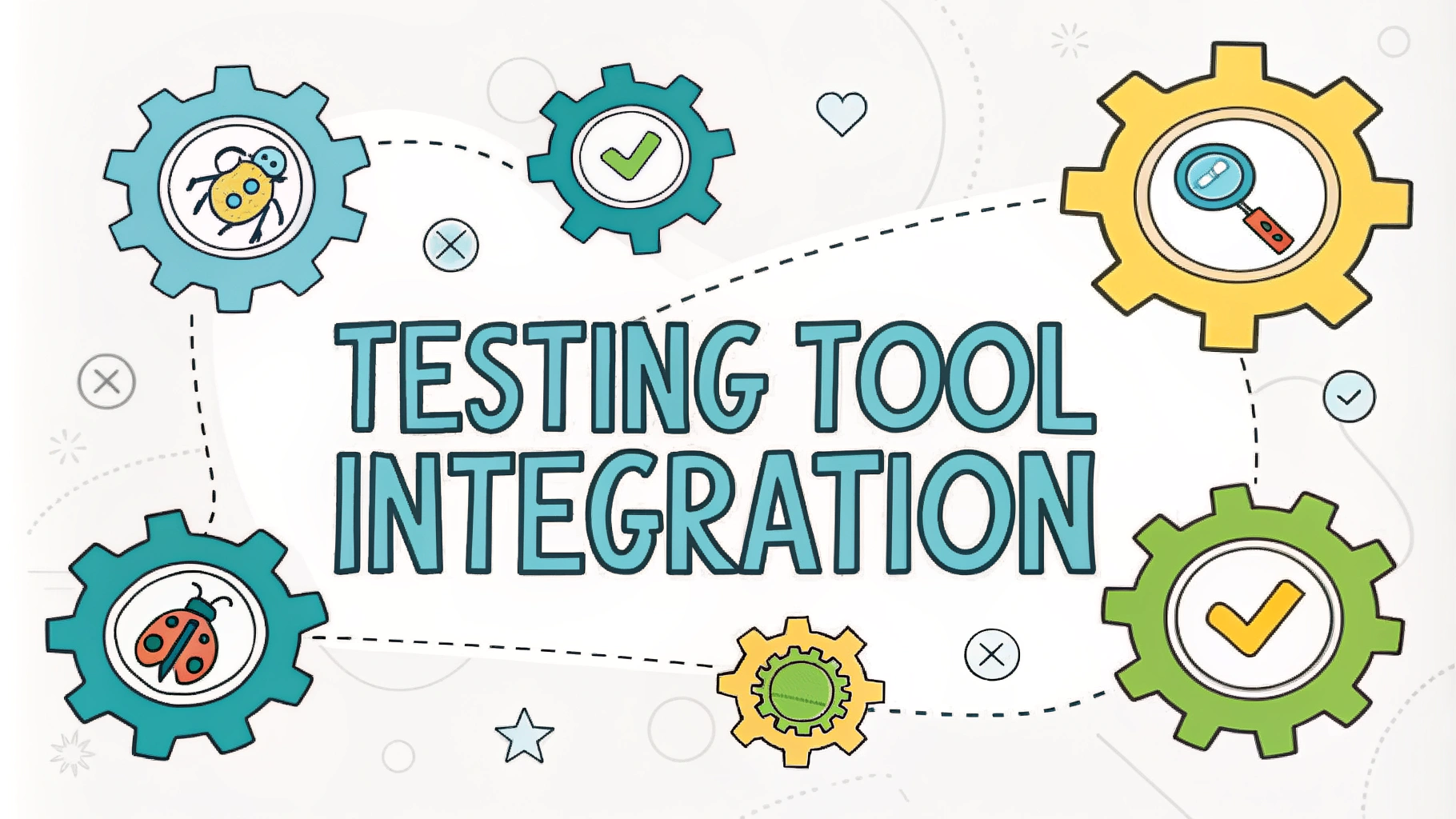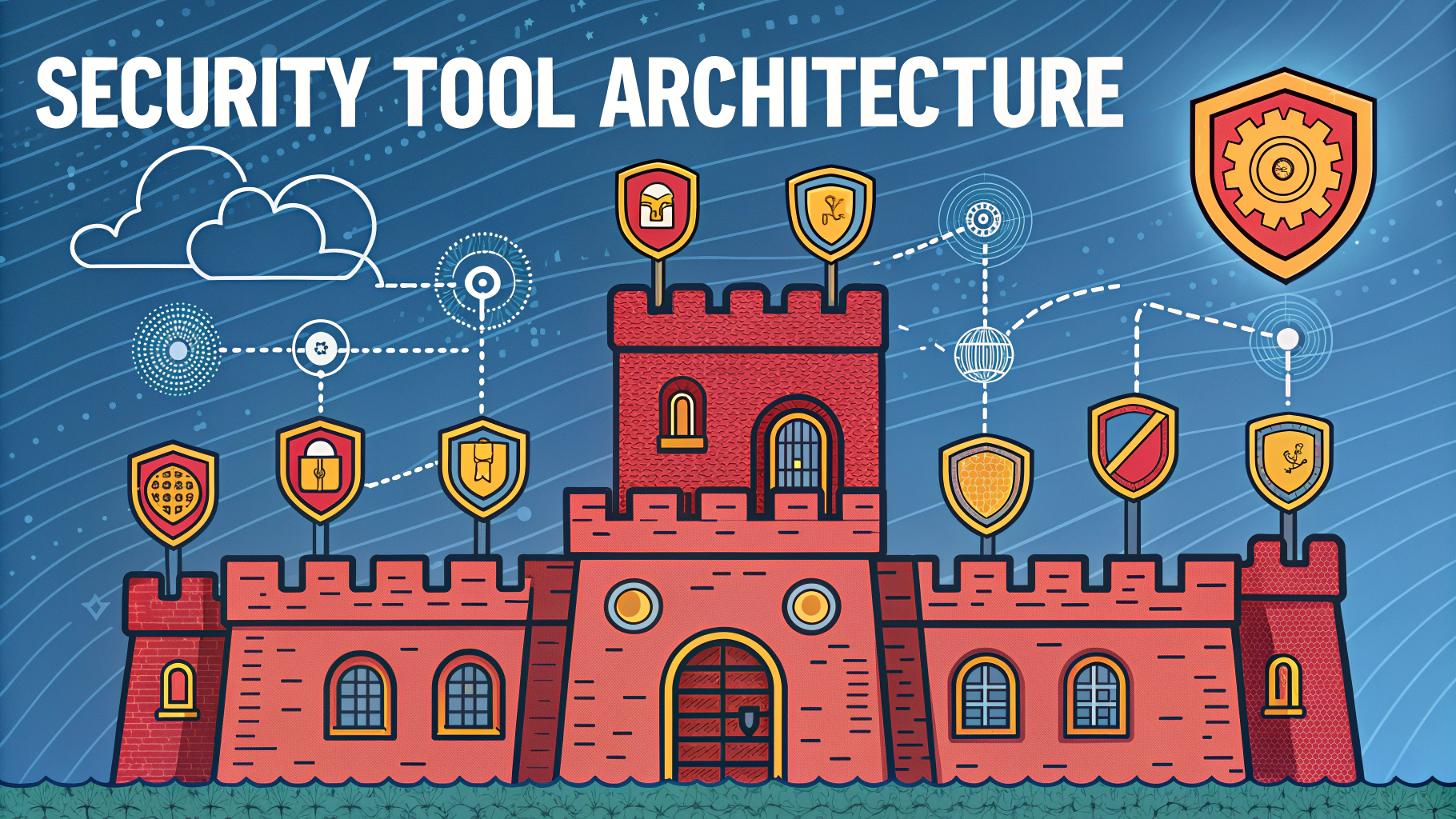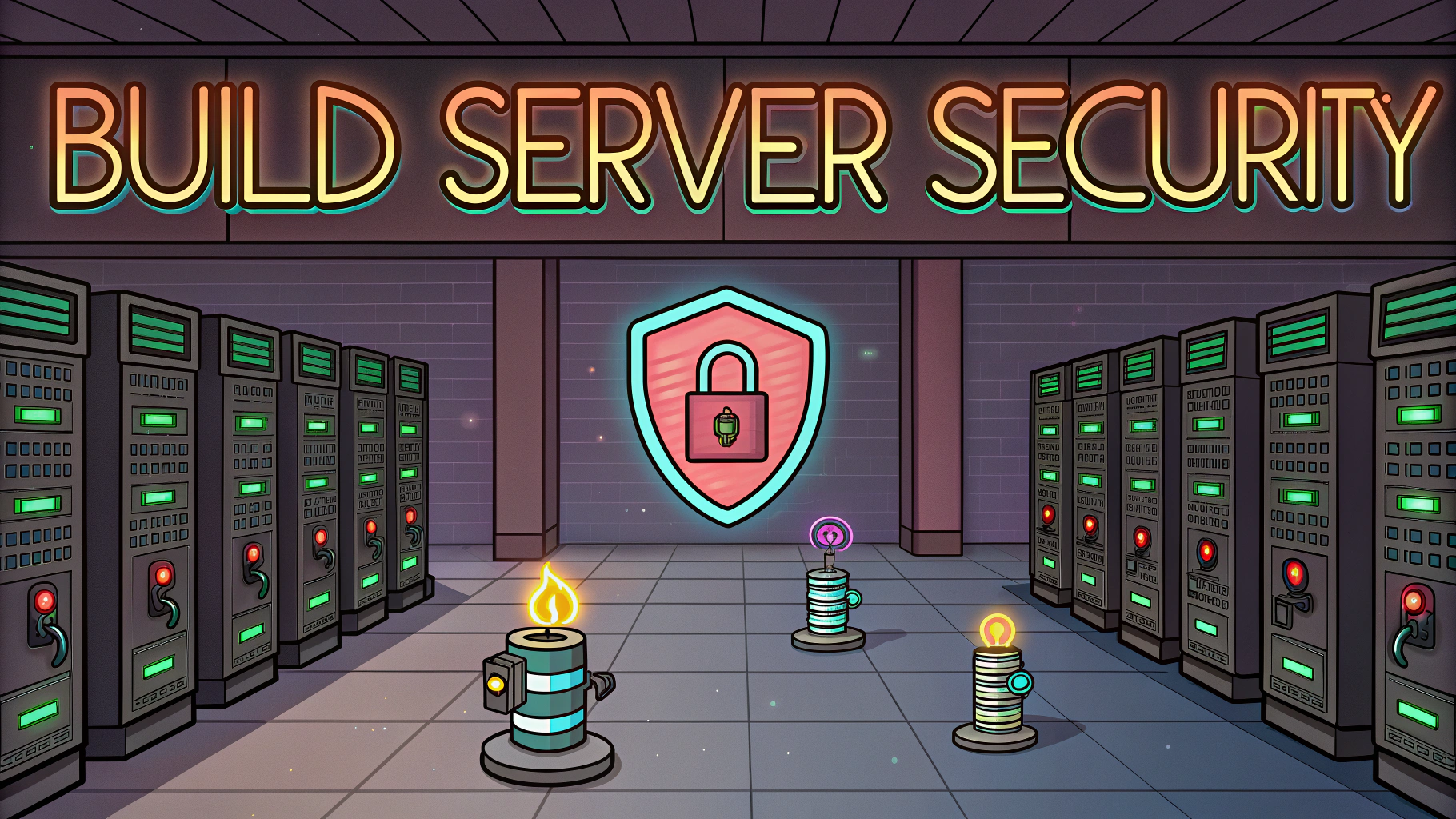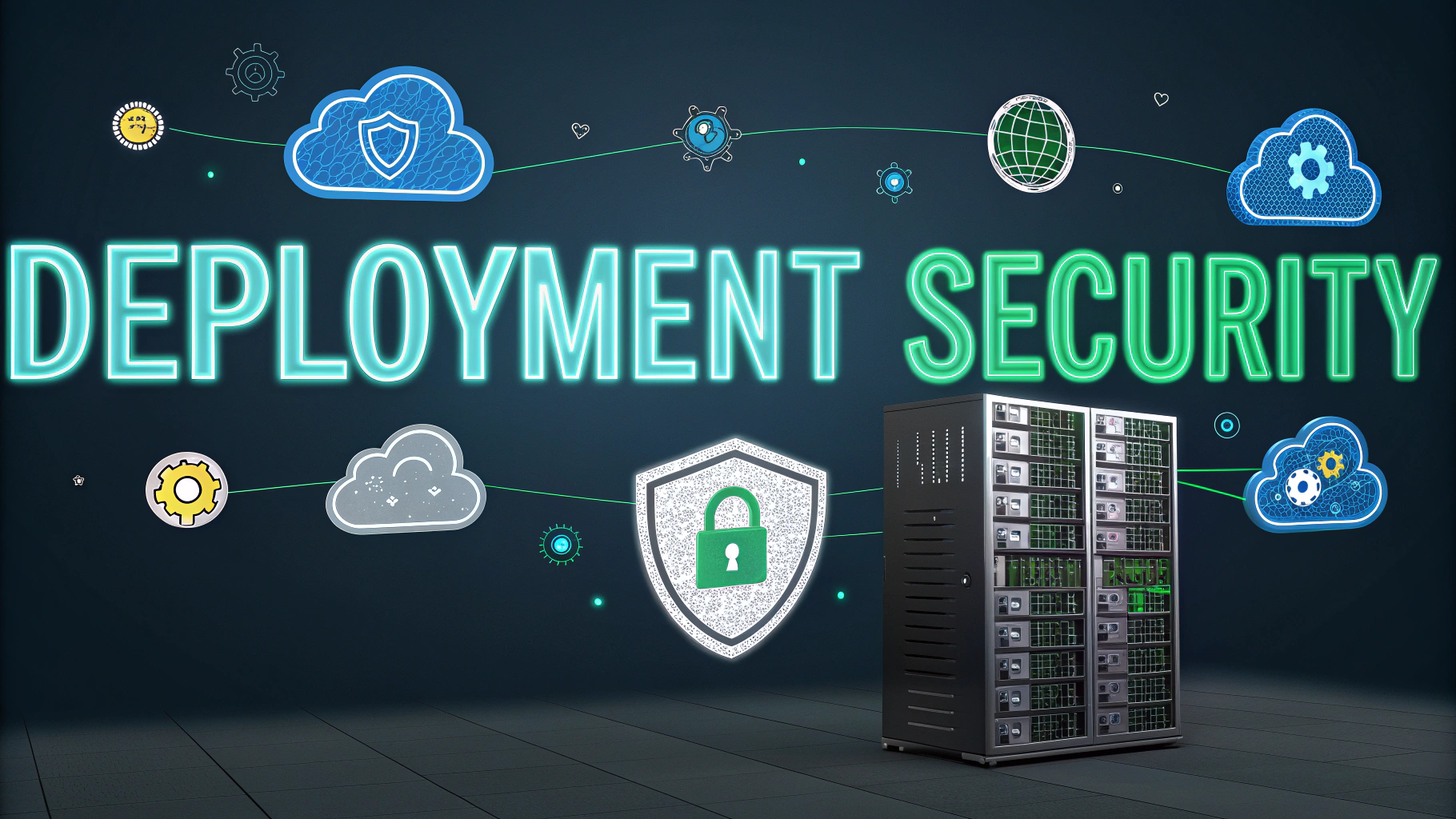Career paths in penetration testing have expanded dramatically with the rise of cybersecurity needs across industries.
The PenTest+ certification opens doors to specialized roles in ethical hacking, security assessment, and vulnerability management.
This guide explores how the PenTest+ certification can transform your career trajectory in cybersecurity.
Job Roles After PenTest+ Certification
- Penetration Tester ($85,000 – $160,000)
- Security Consultant ($90,000 – $150,000)
- Vulnerability Assessment Specialist ($75,000 – $130,000)
- Application Security Engineer ($100,000 – $180,000)
- Red Team Engineer ($95,000 – $170,000)
Industry Recognition
PenTest+ is recognized by the US Department of Defense (DoD) as meeting directive 8570/8140 requirements.
Career Advancement Opportunities
- Internal Promotion: Move from general IT security to specialized penetration testing roles
- Consulting: Start independent security consulting services
- Leadership: Advance to Security Manager or Director positions
Skills Enhancement
PenTest+ certification validates expertise in:
- Network vulnerability scanning
- Web application security testing
- Cloud infrastructure assessment
- Mobile device security testing
- Social engineering techniques
Industry Sectors Hiring PenTest+ Professionals
| Sector | Common Positions |
|---|---|
| Financial Services | Security Analyst, Red Team Lead |
| Healthcare | Security Engineer, Compliance Specialist |
| Government | Information Security Officer, Security Consultant |
| Technology | Application Security Tester, Security Architect |
Professional Development Path
Recommended certifications to pair with PenTest+:
- CompTIA Security+
- CEH (Certified Ethical Hacker)
- OSCP (Offensive Security Certified Professional)
- CISSP (Certified Information Systems Security Professional)
Networking Opportunities
Connect with other professionals through:
- OWASP (https://owasp.org)
- ISC2 (https://isc2.org)
- Local security meetups and conferences
- LinkedIn security groups
Building Your Career Path
Steps to maximize your PenTest+ certification:
- Build a portfolio of security projects
- Participate in bug bounty programs
- Create detailed penetration testing reports
- Develop automation scripts for testing
- Contribute to open-source security tools
Next Steps for Success
Take action on your career development:
- Join security communities on platforms like Discord and Slack
- Follow security blogs and podcasts
- Create a GitHub repository for your security tools
- Network with professionals on LinkedIn
- Attend cybersecurity conferences and workshops
Required Technical Skills
Essential technical competencies for PenTest+ certified professionals:
- Programming languages (Python, Bash, PowerShell)
- Network protocol analysis
- Operating system security (Windows, Linux)
- Database security assessment
- Exploit development and modification
Continuous Learning Resources
Online Platforms
- TryHackMe
- HackTheBox
- Vulnhub
- PortSwigger Web Security Academy
Reading Materials
- Security blogs and newsletters
- Technical documentation
- Industry whitepapers
- Research papers
Measuring Career Progress
Track your professional development through:
- Number of successful penetration tests completed
- Vulnerabilities discovered and reported
- Tools and scripts developed
- Team leadership responsibilities
- Client satisfaction metrics
Shaping Your Security Career Path
Key strategies for long-term success in penetration testing:
- Maintain updated knowledge of emerging threats
- Develop strong communication skills for client interaction
- Build expertise in specific industry sectors
- Create a personal brand in the security community
- Establish mentor relationships with experienced professionals
Accelerating Your Cybersecurity Journey
Transform your PenTest+ certification into a thriving career by:
- Setting clear professional goals and milestones
- Building a strong professional network
- Maintaining practical hands-on experience
- Staying current with industry trends
- Contributing to the security community
FAQs
- What is the PenTest+ certification and how does it impact my career?
PenTest+ is a vendor-neutral cybersecurity certification from CompTIA that validates practical penetration testing and vulnerability assessment skills. It enhances career prospects in cybersecurity roles and demonstrates advanced security testing competency to employers. - What salary can I expect with a PenTest+ certification?
Professionals with PenTest+ certification typically earn between $65,000 to $130,000 annually, depending on location and experience. Senior penetration testers with this certification often command higher salaries exceeding $150,000. - What job roles become available with PenTest+ certification?
PenTest+ certification qualifies you for roles including Penetration Tester, Security Consultant, Vulnerability Assessment Analyst, Security Analyst, Red Team Member, and Ethical Hacker. - How does PenTest+ compare to CEH certification for career advancement?
While CEH is well-recognized, PenTest+ is more hands-on and focuses on practical penetration testing skills. Many employers value PenTest+ for its performance-based questions and real-world testing scenarios. - Is PenTest+ recognized internationally for cybersecurity careers?
Yes, PenTest+ is globally recognized and complies with ISO 17024 standards. It’s accepted across multiple countries and industries as a valid certification for penetration testing roles. - What prerequisites should I have before pursuing PenTest+?
CompTIA recommends 3-4 years of hands-on information security experience, along with Network+ and Security+ certifications, though these aren’t mandatory requirements. - How does PenTest+ certification contribute to career progression?
PenTest+ serves as a stepping stone to advanced security roles, enables faster career advancement, and often leads to higher-paying positions in specialized security testing and consulting roles. - Does PenTest+ certification need to be renewed?
Yes, PenTest+ certification must be renewed every three years through continuing education units (CEUs) or by passing the latest version of the exam to maintain its validity and career relevance. - How does PenTest+ align with DoD 8570 requirements?
PenTest+ is approved for U.S. Department of Defense Directive 8570.01-M for IAT Level II, CSSP Analyst, and CSSP Infrastructure Support positions, making it valuable for government and contractor positions. - What industries have the highest demand for PenTest+ certified professionals?
Financial services, healthcare, government agencies, technology companies, and consulting firms consistently show high demand for PenTest+ certified professionals.







